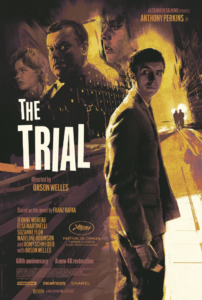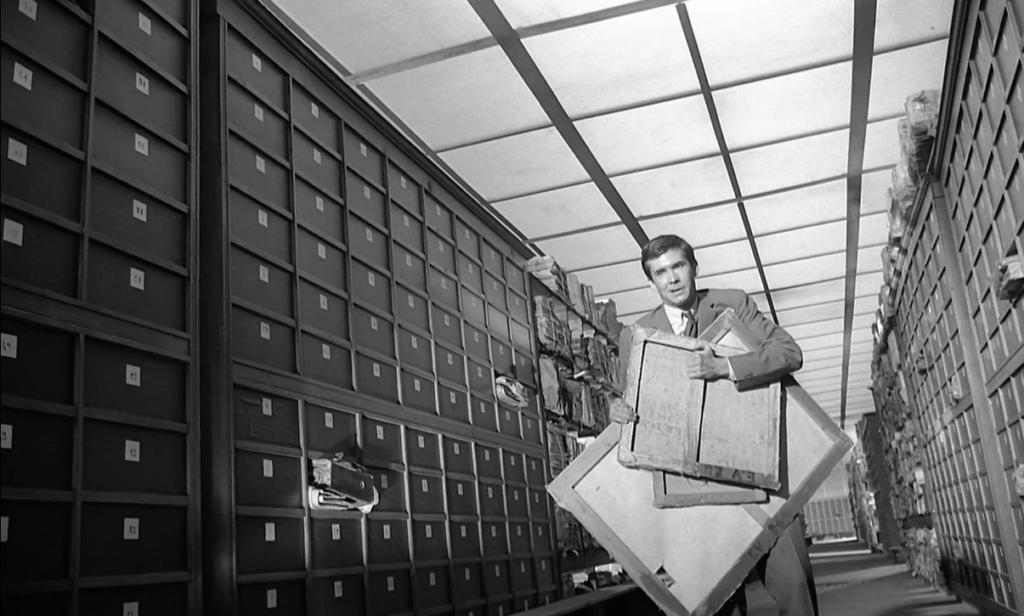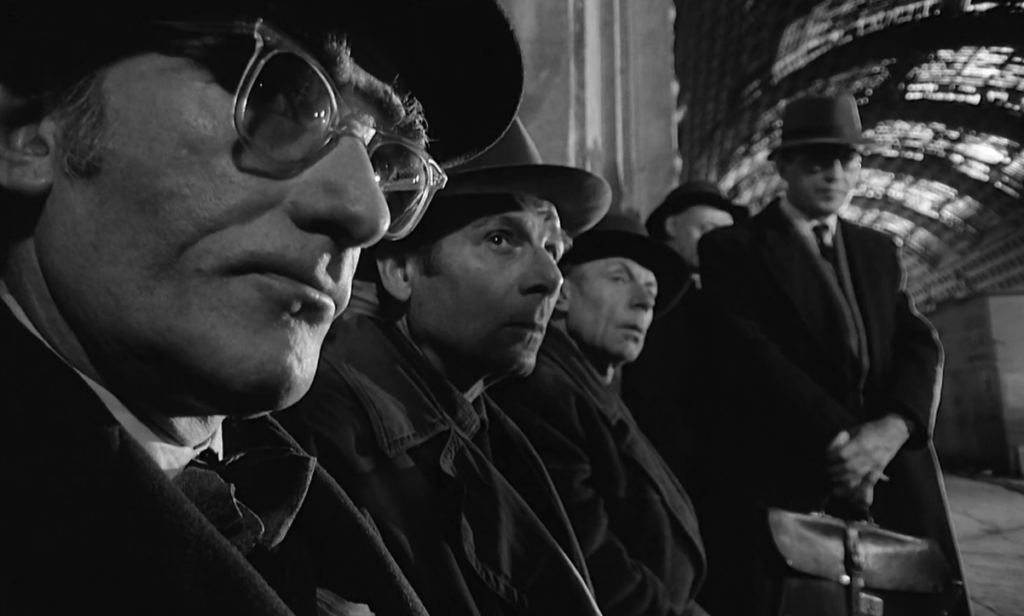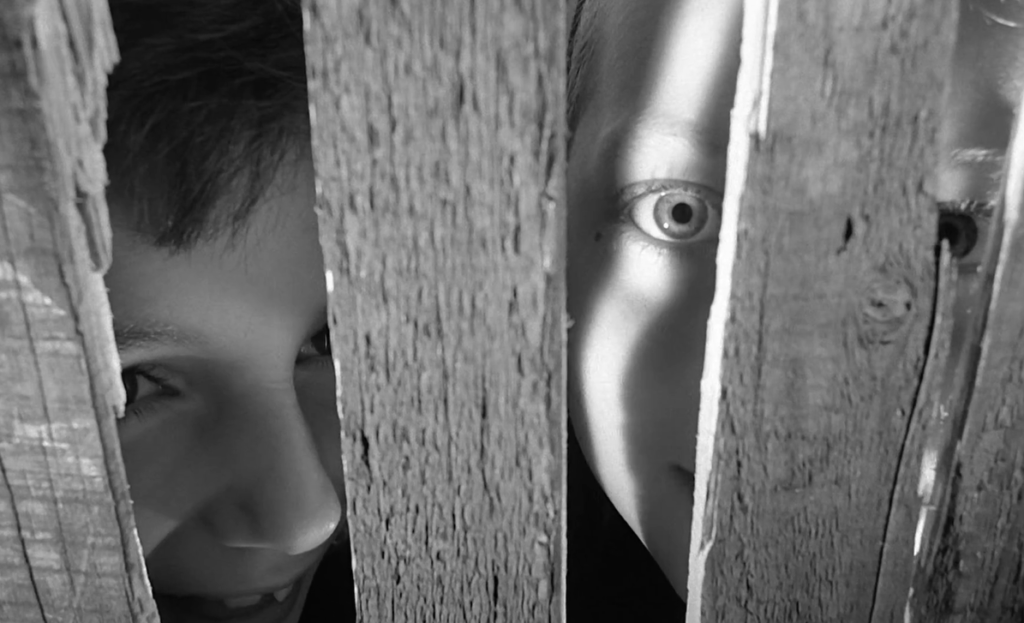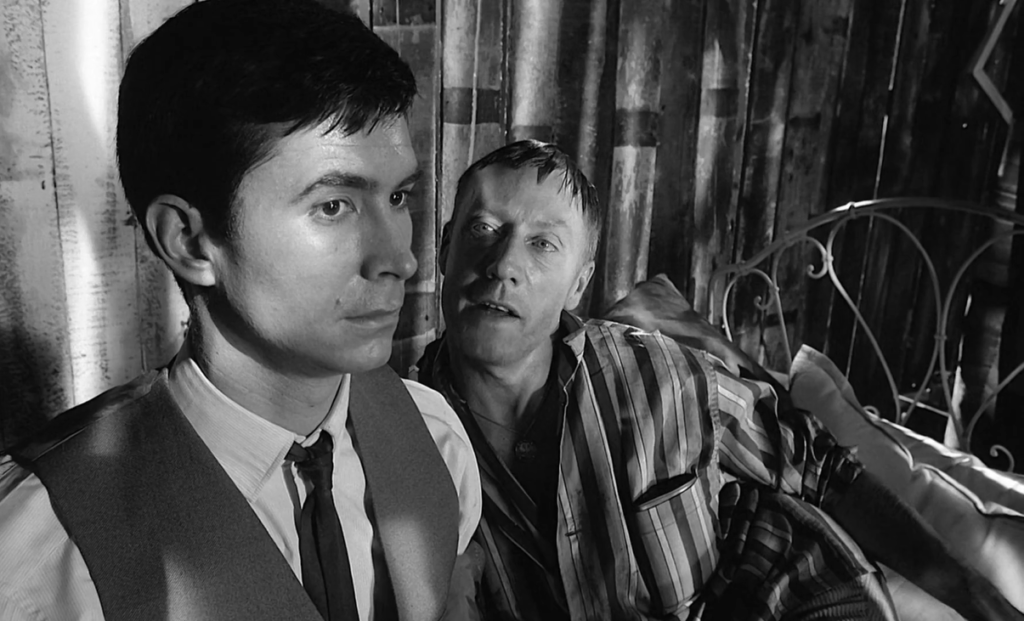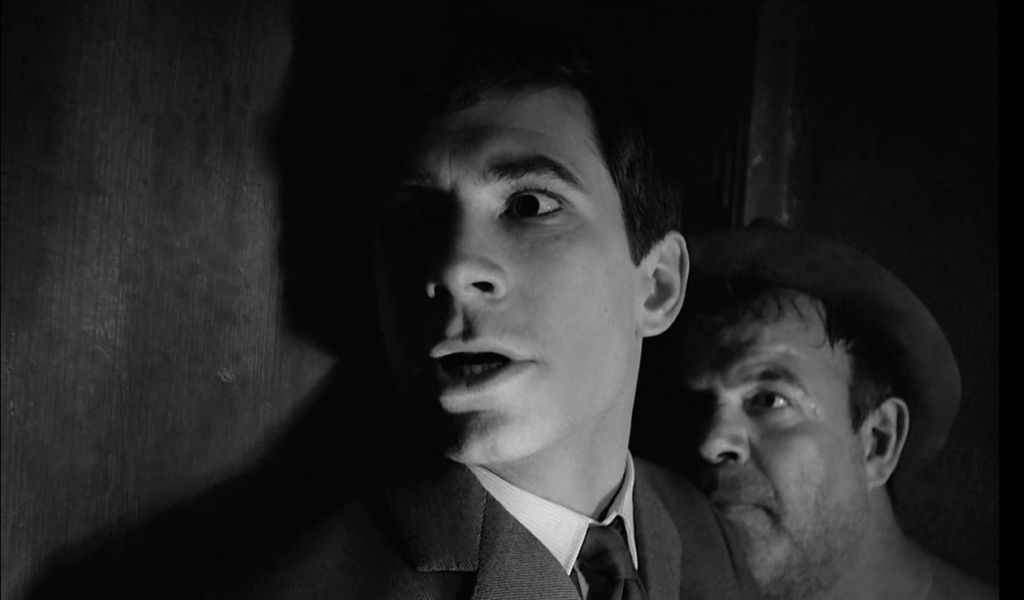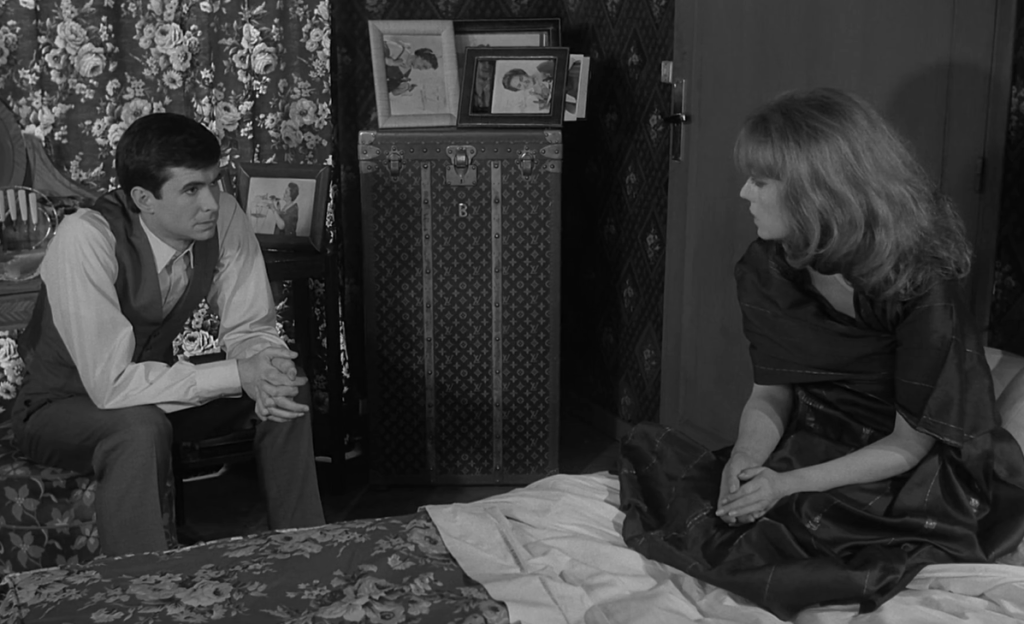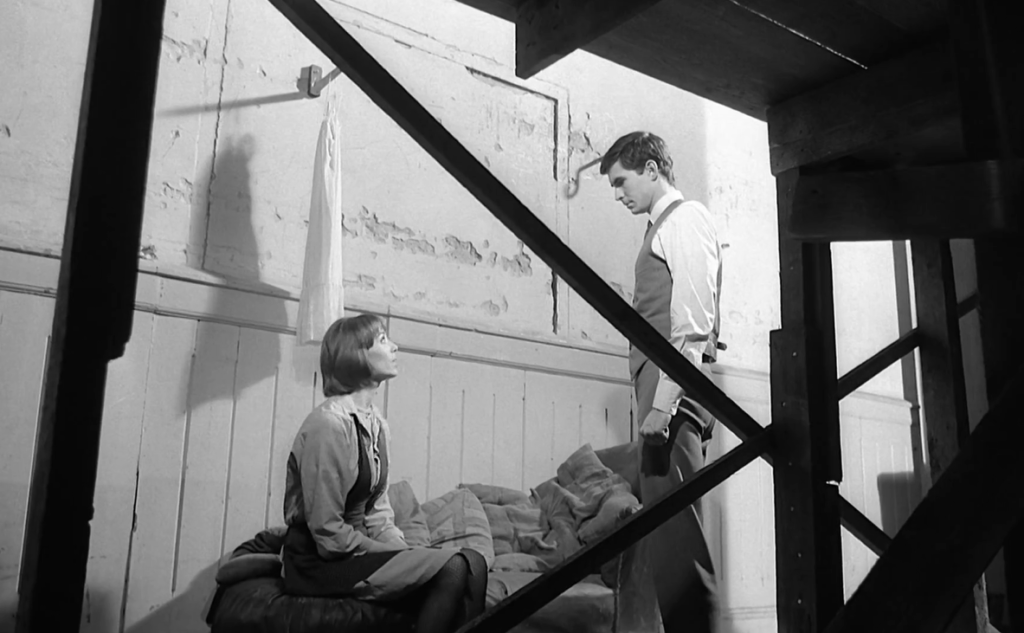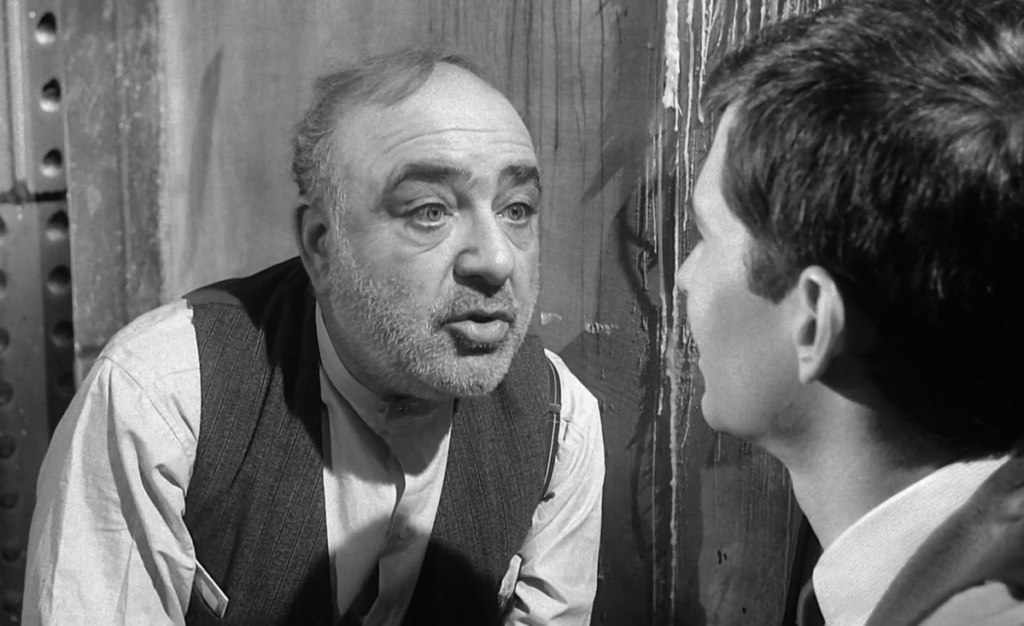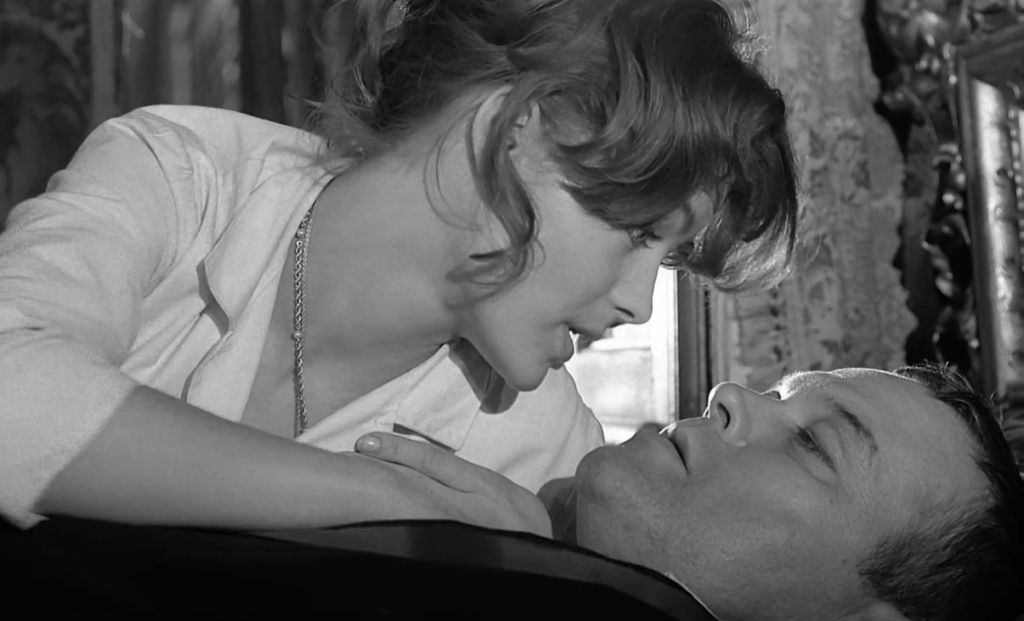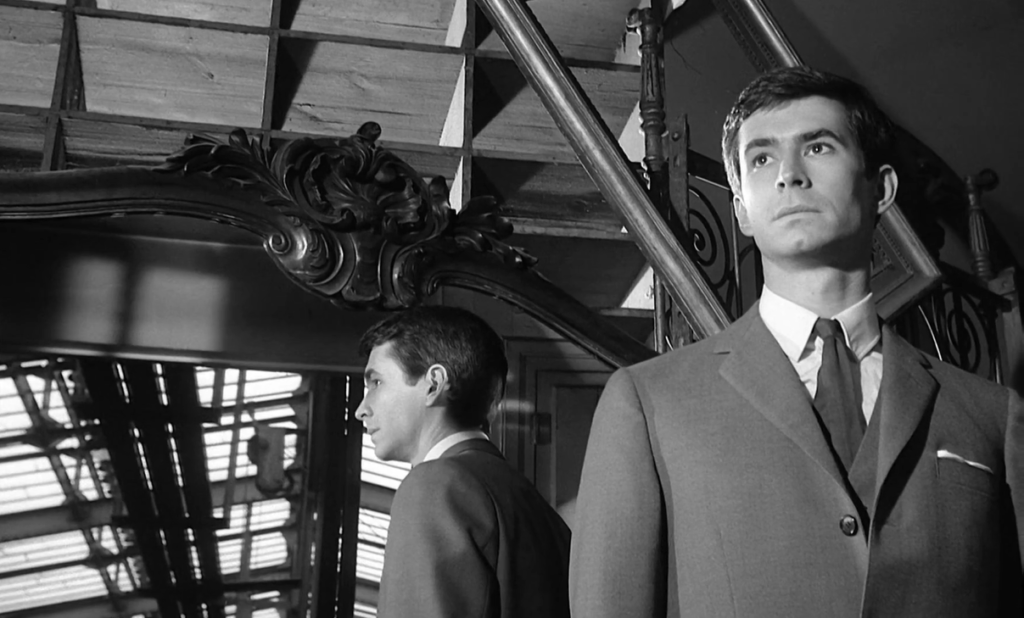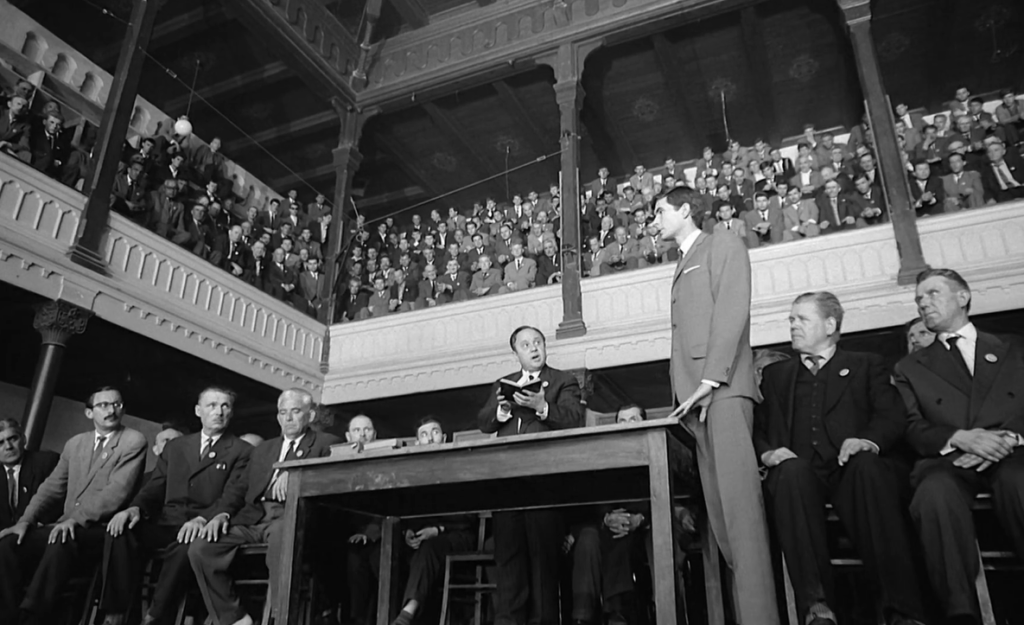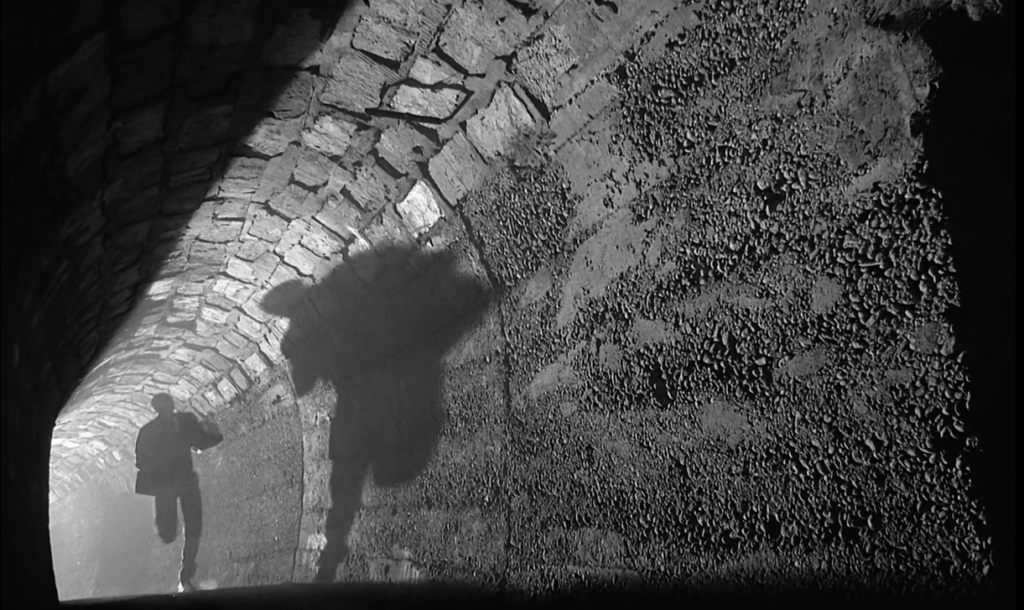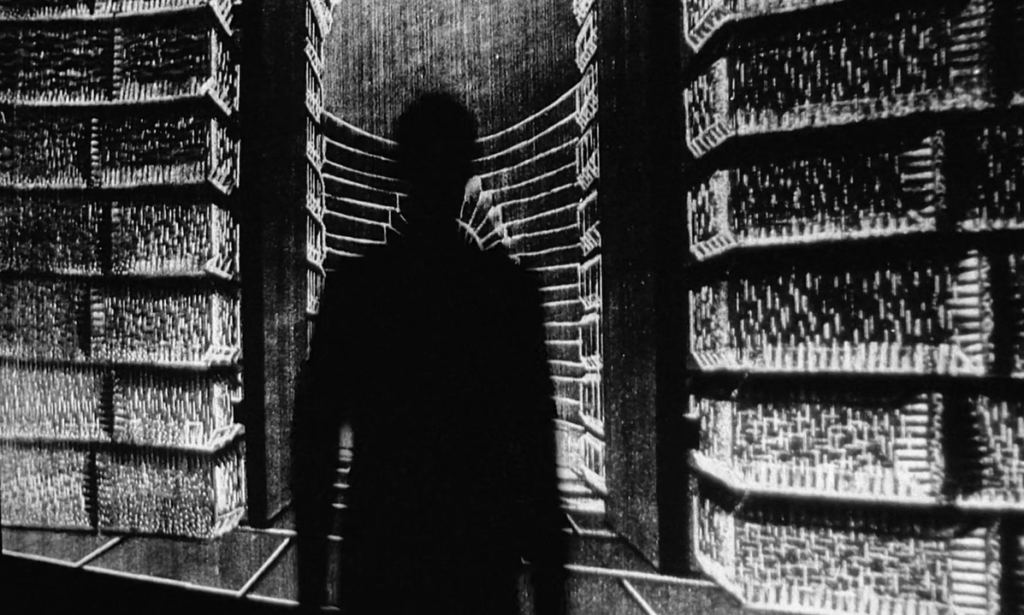Trial, The (1962)
“I am sane. I am innocent. I have committed no crime!”
|
Synopsis: |
|
Genres, Themes, Actors, and Directors:
Response to Peary’s Review: Peary argues that “appropriately, the bizarre events that transpire, all with Josef K. on screen, have the logic of a nightmare,” which is “all fascinating stuff, but you may need four or five cups of strong coffee to make it to the end” — and even by “then you may be hopelessly confused.” I’ll agree that the film feels a bit over-long, and could probably be reduced by half an hour or so (though that would mess with the integrity of the storyline even more than Welles already did) — but I disagree that one feels confused. Rather, the story plays out exactly like the nightmarish series of random encounters it is. Peary further asserts that if Josef “were more like us and seemed to be disoriented by the strange people he comes across and the strange situation in which he finds himself… then we could empathize more with him;” however, as it stands, “we don’t really know how to react because he doesn’t seem too upset himself.” I once again disagree: Perkins is appropriately haunted and confused for most of the film, just as any of us would be if caught in such a surreal hellscape. Peary’s analysis of Welles’ adaptation as turning “Kafka’s downer” into “a triumph for Man” — in which “Perkins’s prideful man becomes prideful of being Man” — doesn’t resonate with me either; but then, this is a film that has divided audiences and critics since its inception (and in recent years has been lauded by some as one of his best). Watch for Jeanne Moreau as Josef’s neighbor: … Elsa Martinelli (star of that same year’s Hatari!) as the wife of a courtroom guard: … Akim Tamiroff as a doomed client of the lawyer (Welles): … and Remy Schneider as the lawyer’s lover. Notable Performances, Qualities, and Moments:
Must See? Categories
Links: |
